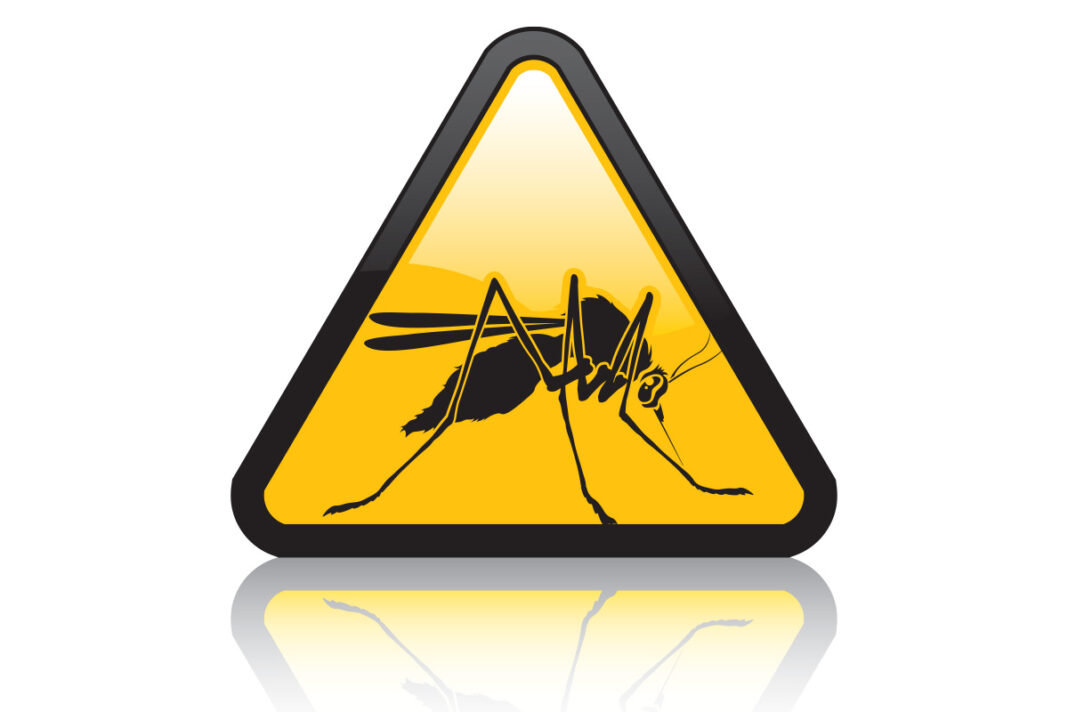SUDBURY—When spending time outside, mosquito bites are a reality. Everyone is at risk of contracting West Nile virus (WNV). Preventing mosquito bites is important to protect yourself and your family.
“Mosquito populations in our area have been confirmed in past years to carry West Nile virus, and we have seen human illness,” reports Public Health Sudbury and Districts (PHSD).
Symptoms of West Nile virus infection can range from mild to severe. Most people infected with the virus have no symptoms while some may experience mild symptoms including fever, headache, body aches, mild rash and swollen lymph glands. In some cases, however, the infection can affect the central nervous system and cause serious symptoms including severe headache, stiff neck, difficulty swallowing, nausea or vomiting, confusion, loss of consciousness, muscle weakness, and paralysis, in addition to high fevers. In these cases, West Nile virus infection can be fatal.
“Although the overall risk of becoming infected with West Nile virus is low, public health reminds everyone of simple measures you can take to protect against mosquito bites: Use an insect repellant approved by Health Canada, containing either DEET or icaridin, and follow the application instructions on the package. Stay indoors, if possible, from dusk to dawn when mosquitoes are most active; wear light-coloured clothing, including long sleeves, long pants, socks, and a hat whenever you are outdoors. Check your window and door screens to ensure that that there are no tears or holes for mosquitoes to get through. Consider the use of mesh “bug jackets” or “bug hats.”
Mosquitoes need only a small amount of calm, standing water to lay their eggs and for larvae to hatch. Reduce mosquito breeding areas by changing or removing standing water at least once a week for the following areas: bird baths, old tires, containers or barrels, flowerpot saucers, swimming pool covers and wading pools, clogged gutters and eaves troughs, clogged drainage ditches, small containers like cans or bottle tops and unused children’s toys.
PHSD will continue to monitor West Nile virus in the region, including by trapping and testing mosquitoes again this season, starting in June and continuing to the fall.
For more information on West Nile virus, please visit the PHSD website at phsd.ca or call Public Health Sudbury and Districts at 705-522-9200, ext. 464 (toll-free 1-866-522-9200).





